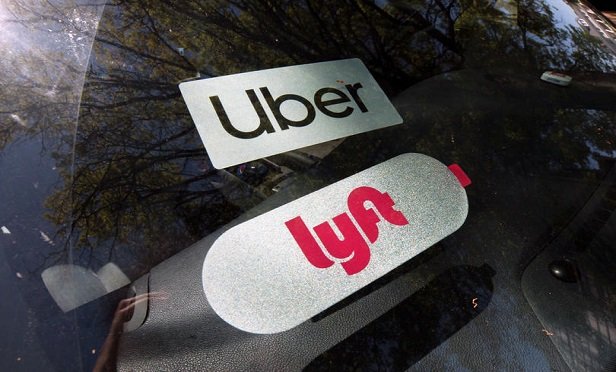 In May, the State of California filed its own suit against Lyft and Uber arguing that workers for the companies were improperly classified in violation of the new law. (Credit: Daniel Dror/Shutterstock)
In May, the State of California filed its own suit against Lyft and Uber arguing that workers for the companies were improperly classified in violation of the new law. (Credit: Daniel Dror/Shutterstock)
The California Public Utilities Commission (CPUC) has decided that drivers working for ride-hailing services such as Uber Technologies Inc. and Lyft Inc. will be considered employees as is depicted under California's new gig worker law. The decision comes after a state law became effective that makes it more difficult for companies to classify workers as contractors as opposed to employees.
Recommended For You
Want to continue reading?
Become a Free PropertyCasualty360 Digital Reader
Your access to unlimited PropertyCasualty360 content isn’t changing.
Once you are an ALM digital member, you’ll receive:
- Breaking insurance news and analysis, on-site and via our newsletters and custom alerts
- Weekly Insurance Speak podcast featuring exclusive interviews with industry leaders
- Educational webcasts, white papers, and ebooks from industry thought leaders
- Critical converage of the employee benefits and financial advisory markets on our other ALM sites, BenefitsPRO and ThinkAdvisor
Already have an account? Sign In Now
© Touchpoint Markets, All Rights Reserved. Request academic re-use from www.copyright.com. All other uses, submit a request to [email protected]. For more inforrmation visit Asset & Logo Licensing.







